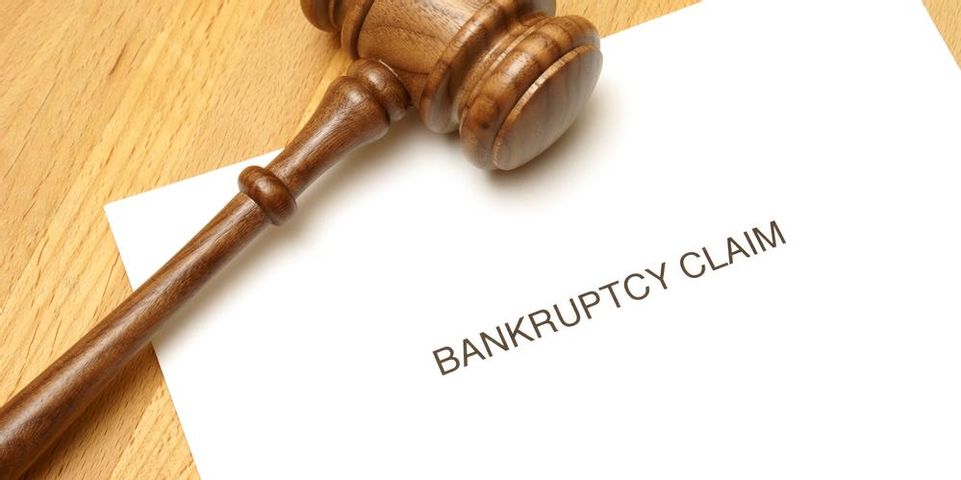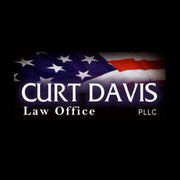Highlighting a Few Differences Between Chapter 7 & Chapter 11 Bankruptcies

Chapter 7 and Chapter 11 are two types of bankruptcies that can help everyday consumers escape the pressures of overwhelming debt. Which type of bankruptcy is best largely depends on each individual filer's income level and ability to repay — or not repay — their debt. Below are some key differences between these two kinds of bankruptcies.
Elimination Of Debt
Under Chapter 7, most of one's unsecured debt is discharged completely. This includes credit card debt, back-rent, and medical bills; notable exceptions are student loan debt and late child support payments, which are not dischargeable. Under Chapter 11, debt is not eliminated but reorganized. Chapter 11 allows individuals and businesses to renegotiate the terms of their loans to be better equipped to repay the balance.
Who Should File
 Chapter 11 is best suited to individuals with a steady, significant income that allows them to pay all of their regular monthly bills in addition to the newly renegotiated amount of their repayment plan. Chapter 7, on the other hand, is ideal for filers with little or no income, who require the "clean slate" Chapter 7 provides. When weighing these types of bankruptcies, your attorney can help you identify the smartest option for your situation.
Chapter 11 is best suited to individuals with a steady, significant income that allows them to pay all of their regular monthly bills in addition to the newly renegotiated amount of their repayment plan. Chapter 7, on the other hand, is ideal for filers with little or no income, who require the "clean slate" Chapter 7 provides. When weighing these types of bankruptcies, your attorney can help you identify the smartest option for your situation.
Liquidation Of Assets
Selling one's major assets is always a concern of those filing for bankruptcy. With Chapter 7, there is a strong chance that selling your assets will actually be in your best interests financially. Chapter 11, though, allows you to keep your assets since your debt will, ultimately, be repaid and not eliminated.
To explore these two types of bankruptcies, contact the Curt Davis Law Office PLLC in Somerset, Kentucky. Call (606) 378-2525 for more information or to schedule a consultation. You can also find the office online. Your financial future depends on skilled, experienced legal representation; place your trust in Curt Davis and his team.
About the Business
Have a question? Ask the experts!
Send your question

